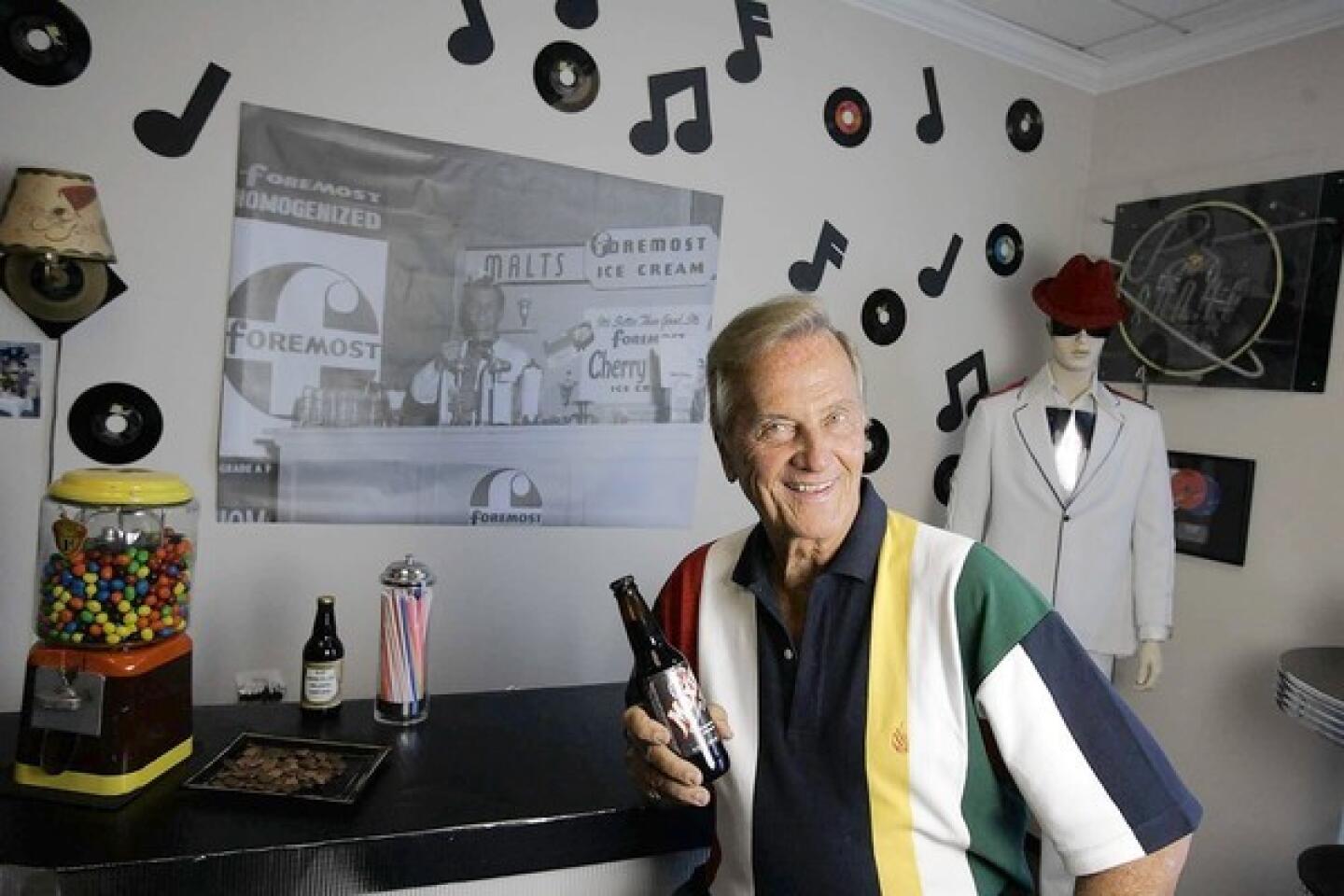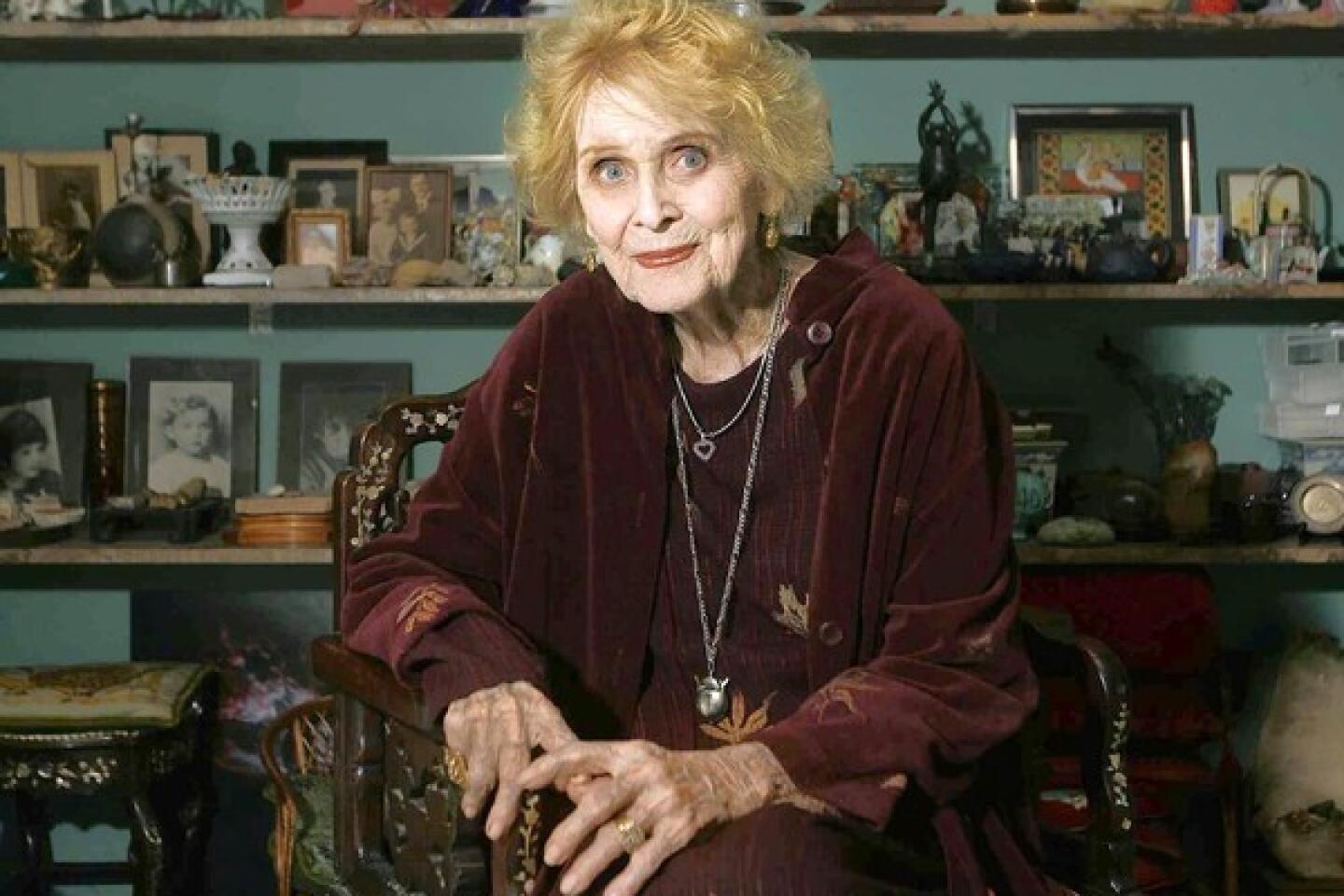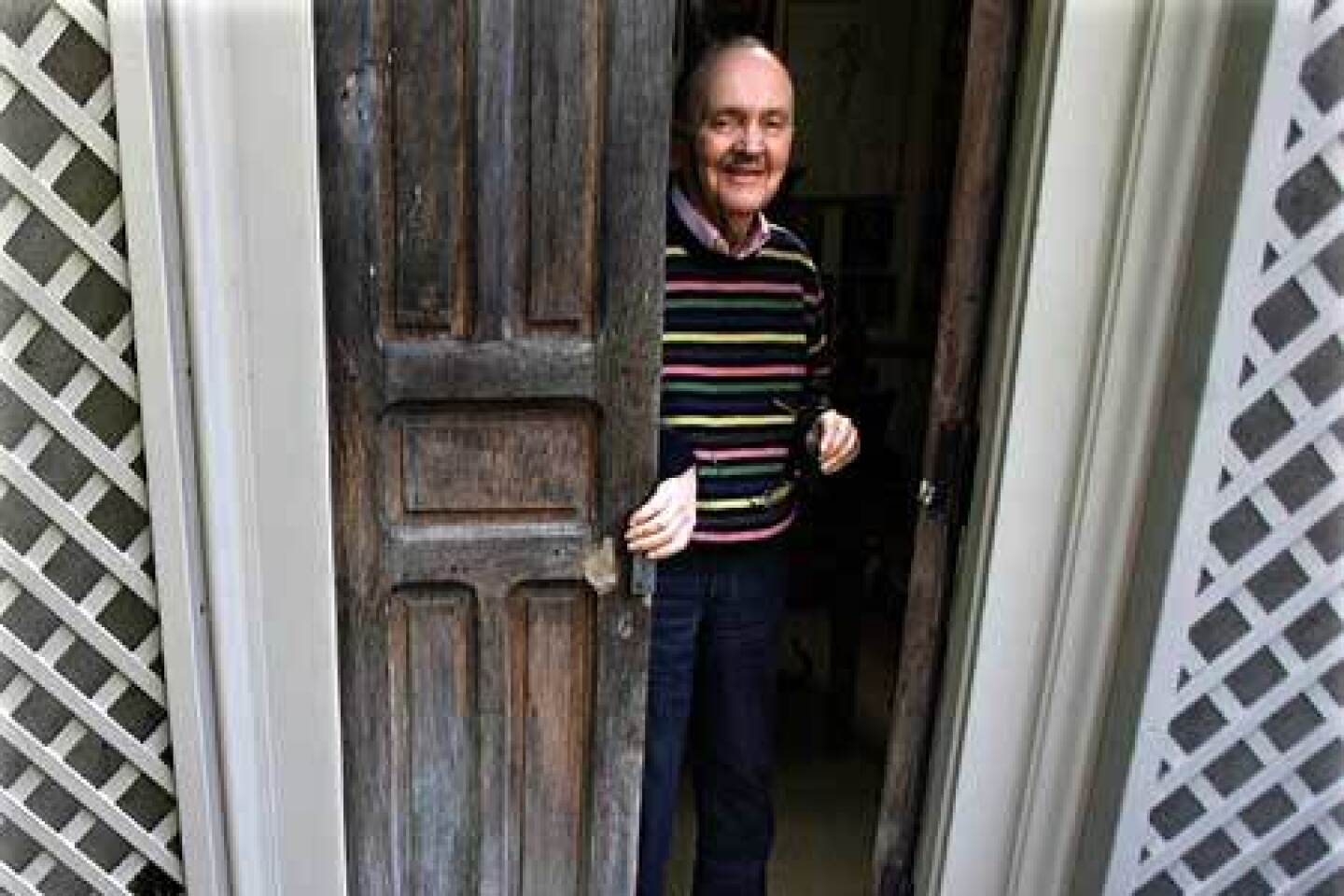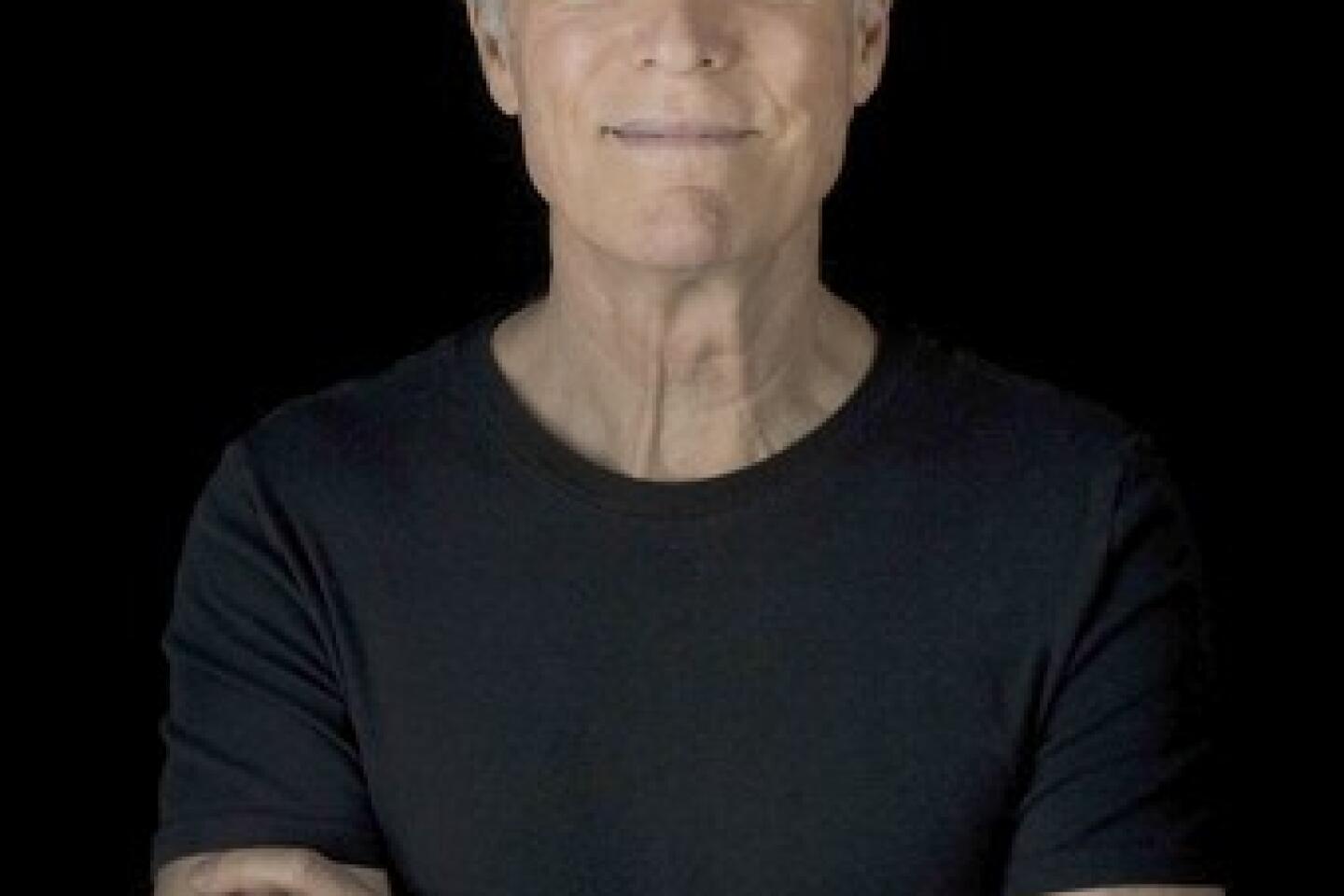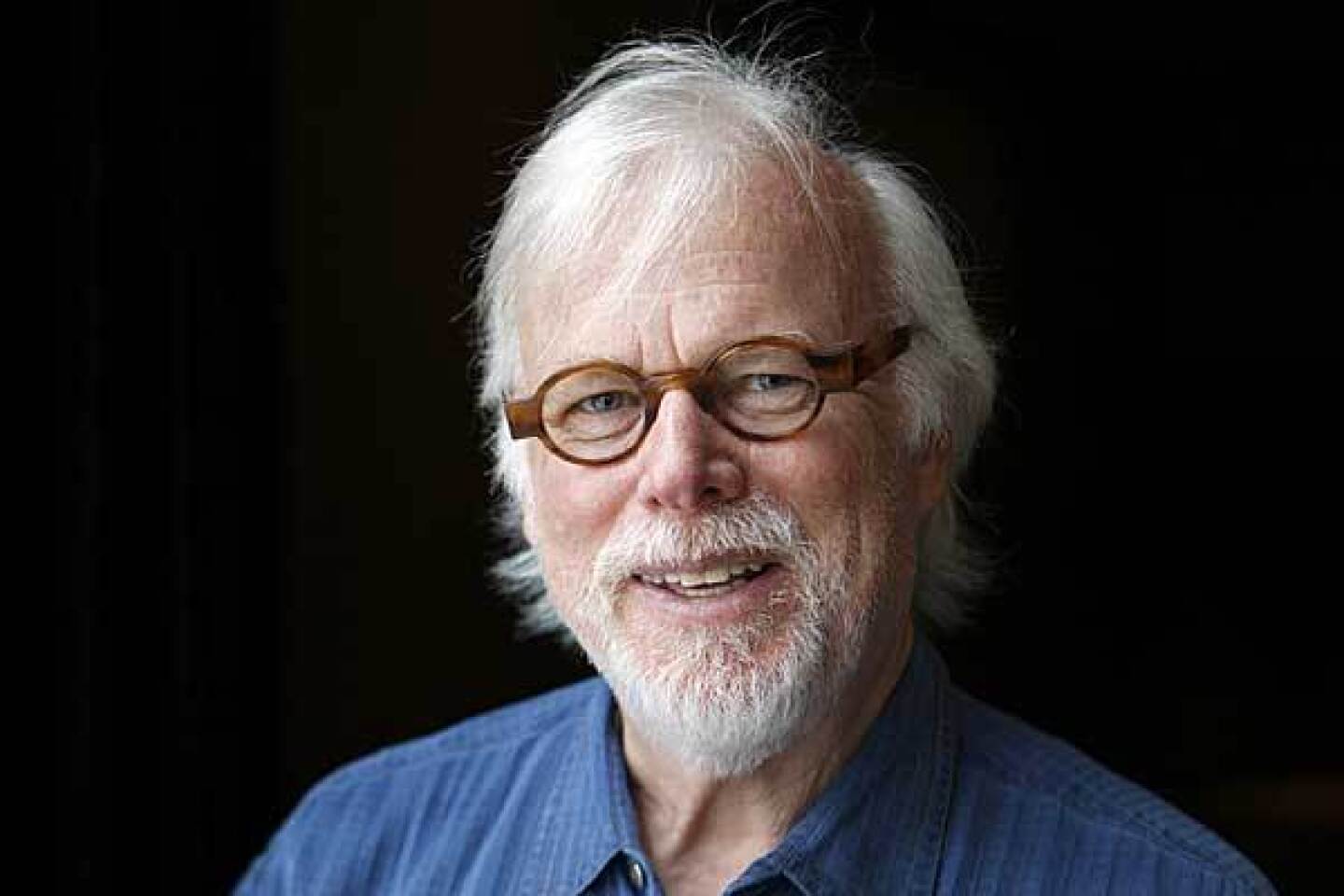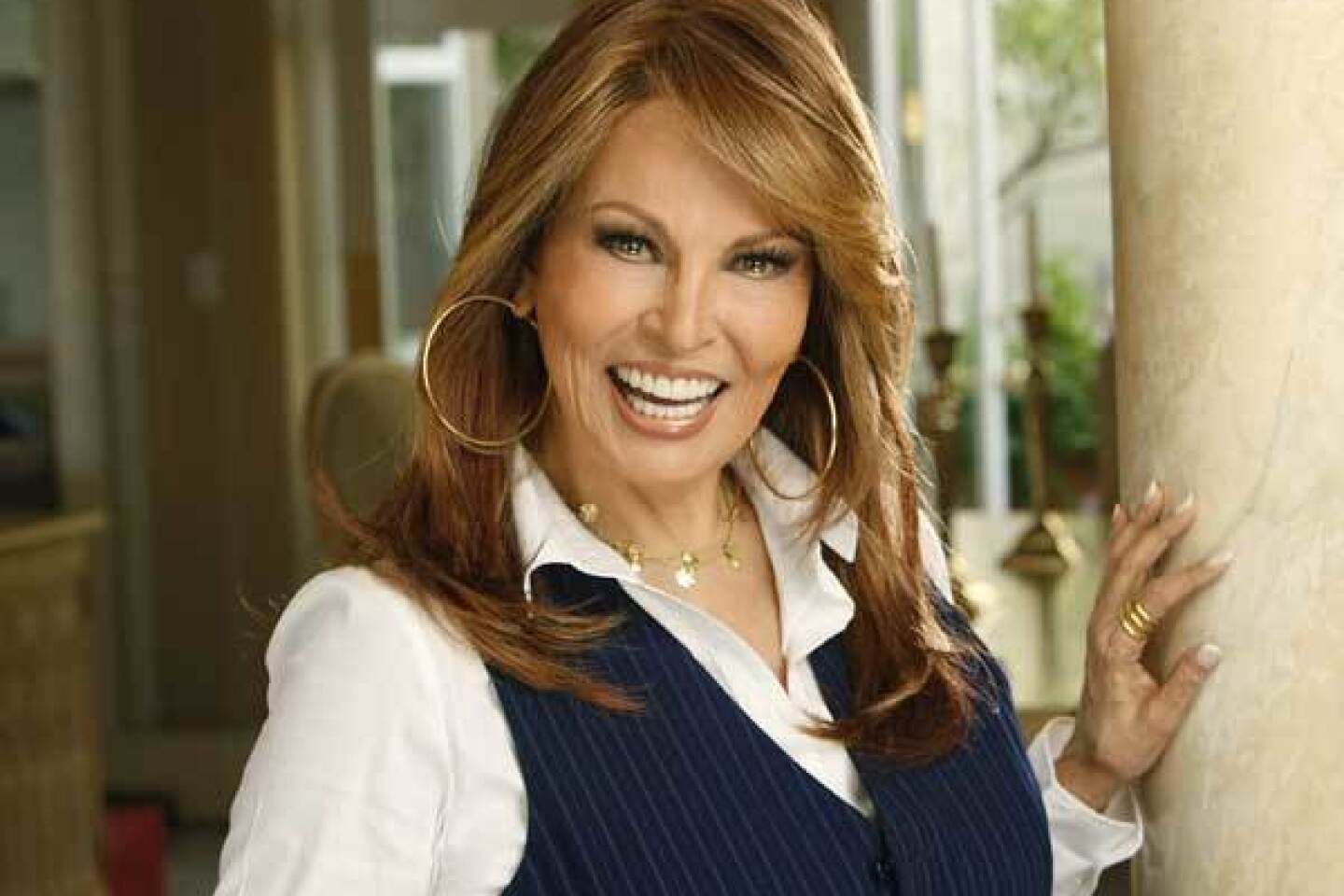Classic Hollywood: Film academy marks centenary of composer Alex North
Though Alex North ushered in a completely new sound in American film music, he wasn’t a Young Turk when he arrived in Hollywood 60 years ago to pen the groundbreaking jazz-influenced score for “A Streetcar Named Desire.”
He was nearly 40 at the time, classically trained at both the Curtis School in Philadelphia and Juilliard in New York. In the mid-1930s, the Pennsylvania native went to Moscow, where he studied for two years at the Moscow Conservatory. His Moscow connections, plus the fact that his brother was a writer for a left-wing publication, forced North and his family to move to France in the late 1950s for a few years to escape the blacklist.
“He had an amazing pre-movie career,” says film music historian Jon Burlingame, the host of the Academy of Motion Picture Arts and Sciences’ centenary tribute to North on Friday evening at the Samuel Goldwyn Theater in Beverly Hills.
North wrote music for modern dance choreographers, among them Martha Graham. He also wrote incidental music for the theater, including the underscore for the 1947 Broadway production of Arthur Miller’s “Death of a Salesman.”
“My earliest memories as a child are that we were quite broke,” recalls his producer son, Steven North, 68, who hired his dad to compose for two of his films, including his father’s final score for “The Last Butterfly” in 1991.
“We were living in a tiny two-room basement apartment in New York City. This was 1947, and I was 5. My earliest memories are of him composing the music for ‘Death of a Salesman.’ He would work all night. He would sit at the piano, try different melodies, try different combinations.”
Elia Kazan had directed “Salesman” and brought North to Hollywood to compose the score for the film version of Tennessee Williams’ masterwork set in New Orleans.
“In the 1930s and ‘40s, Hollywood film music was really dominated by composers who were steeped in European sound,” explains Burlingame. “Most of these guys — Max Steiner, Erich Korngold, Miklos Rozsa, Franz Waxman, Dimitri Tiomkin — were European expatriates who came to America and found their livelihood in film music.”
But in the 1950s, says Burlingame, “you get three composers all born in America who come to Hollywood and start to alter the sound of film music: Alex North, Leonard Rosenman and Elmer Bernstein. They are determined to bring an American sensibility to film music. ‘Streetcar’ is the first dramatic score to incorporate jazz as an integral part.”
Burlingame will be showing clips of several of North’s major scores (he was nominated for 15 Oscars but never won until he received the 1985 Honorary Award), including “Streetcar,” “Viva Zapata!” (1952), “Spartacus” (1960), “The Misfits” (1961) and “Who’s Afraid of Virginia Woolf?” (1966). He also penned the scores to 1951’s film version of “Death of a Salesman,” 1965’s “The Agony and the Ecstasy” and penned the music to the 1955 Oscar-nominated song “Unchained Melody,” which got a new life thanks to “Ghost” in 1990.
Steven North, award-winning composer Laurence Rosenthal and North biographer Sanya Henderson will also be commenting on the composer, who died 19 years ago of pancreatic cancer.
Rosenthal (“The Miracle Worker,” “Becket”) remembers North as a warm, generous friend who had “an extraordinary sensitivity to exactly the kind of music that a scene needed — and it wasn’t the most obvious solution. He had his own musical language.”
Rounding out the evening is a screening of the 1961 contemporary western “The Misfits,” which was the last film for stars Clark Gable and Marilyn Monroe. The film, penned by Arthur Miller, who was then married to Monroe, and directed by John Huston, revolves around a ragtag group of cowboys trying to round up wild mustangs in the desert outside of Reno. Monroe plays a divorcee in love with Gable who wants to stop the roundup.
“I hadn’t seen it in years,” says Burlingame. “The last half-hour, when you get in the business of them rounding up the horses in the desert, is an amazing score, almost balletic at times. He makes some unusual choices, which I think initially one might question because they seem unconventional.
“After studying it for a long time, I came to the realization that he was playing Marilyn’s perception of what was going on, which was upsetting and unsettling. It’s not how anyone else would have scored those sequences. That is what I find interesting about his work.”
More to Read
The biggest entertainment stories
Get our big stories about Hollywood, film, television, music, arts, culture and more right in your inbox as soon as they publish.
You may occasionally receive promotional content from the Los Angeles Times.
